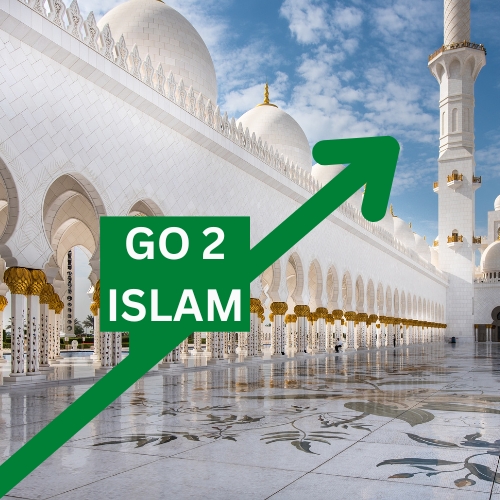In Islam, social justice and charity (sadaqah) are considered essential aspects of a righteous and virtuous life. The Quran and the Prophet Muhammad’s teachings emphasize the importance of helping those in need, promoting equality and fairness, and working towards a just and equitable society.
Social Justice in Islam:
Islam teaches that every person has the right to live with dignity, respect, and justice. Social justice in Islam means providing equal opportunities, protecting the rights of the weak and vulnerable, and ensuring fairness and equity in all aspects of life. The Quran explicitly instructs Muslims to uphold justice, saying, “O you who believe! Stand out firmly for justice, as witnesses to Allah, even if it be against yourselves, your parents, and your relatives, or whether it is against the rich or the poor.” (4:135)
Islam also emphasizes the importance of caring for the less fortunate members of society, including the poor, orphans, widows, and refugees. Muslims are obligated to provide food, shelter, and basic necessities to those in need. The Quran states, “And they give food in spite of love for it to the needy, the orphan, and the captive, [saying], “We feed you only for the countenance of Allah. We wish not from you reward or gratitude.” (76:8-9)
Charity (Sadaqah) in Islam:
Charity (sadaqah) is an essential part of Islamic practice, and Muslims are encouraged to give generously to those in need. The Prophet Muhammad (peace be upon him) said, “Charity extinguishes sin as water extinguishes fire.” (Tirmidhi)
In Islam, there are two types of charity: obligatory (zakat) and voluntary (sadaqah). Zakat is a mandatory charity that every Muslim who is financially able must pay annually, which is distributed among the poor and needy. Voluntary charity (sadaqah) is given in addition to zakat and can be given at any time, in any amount, and to anyone in need.
The Quran emphasizes the virtues of giving charity, saying, “The example of those who spend their wealth in the way of Allah is like a seed [of grain] which grows seven spikes; in each spike is a hundred grains. And Allah multiplies [His reward] for whom He wills. And Allah is all-Encompassing and Knowing.” (2:261)
Conclusion:
In summary, social justice and charity are integral components of Islamic beliefs and practices. Islam promotes equality, fairness, and compassion towards all members of society, particularly the less fortunate. Muslims are encouraged to give generously and to work towards a just and equitable society where everyone has equal opportunities and rights.

